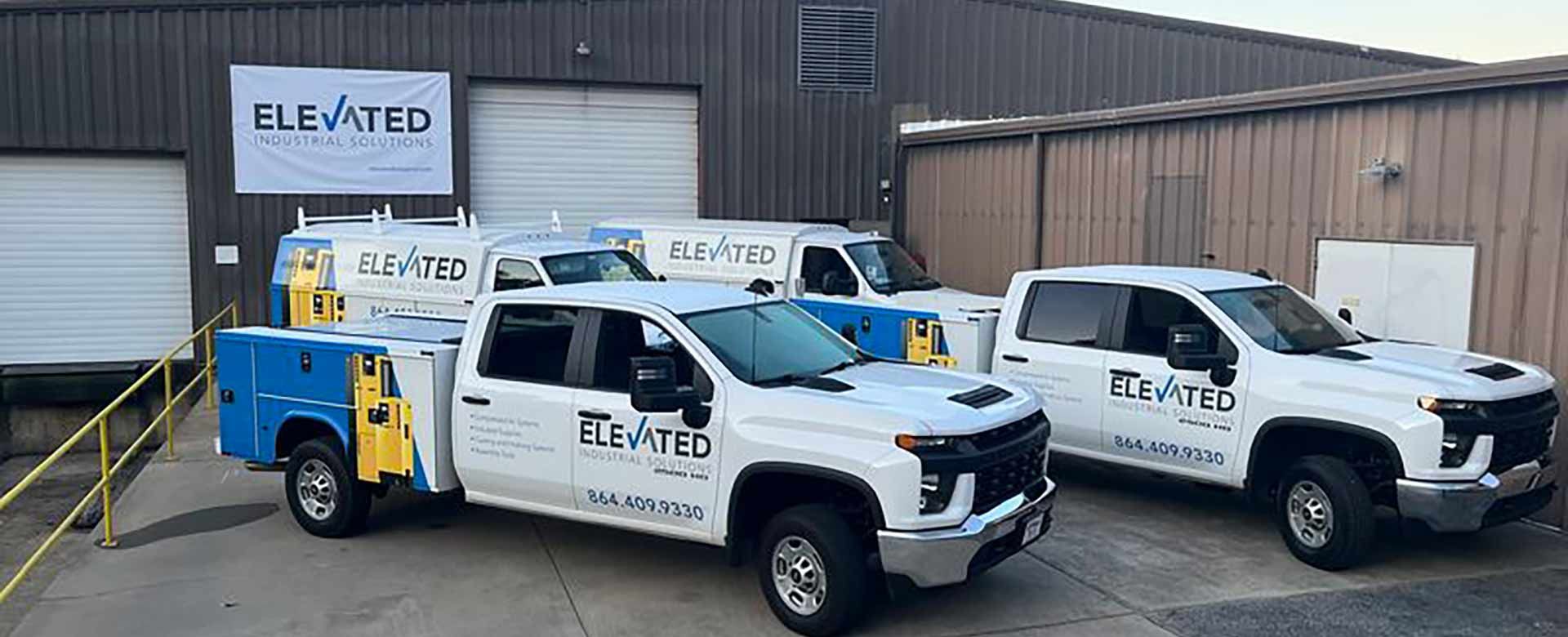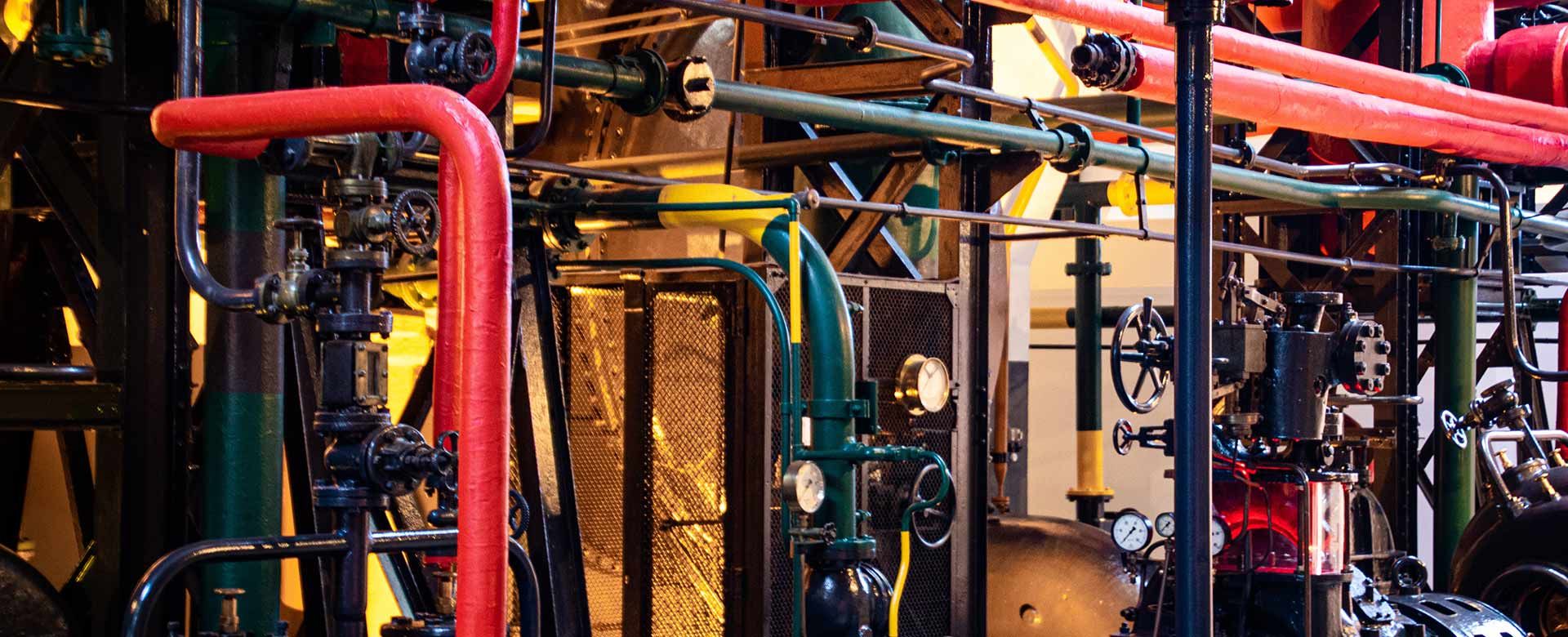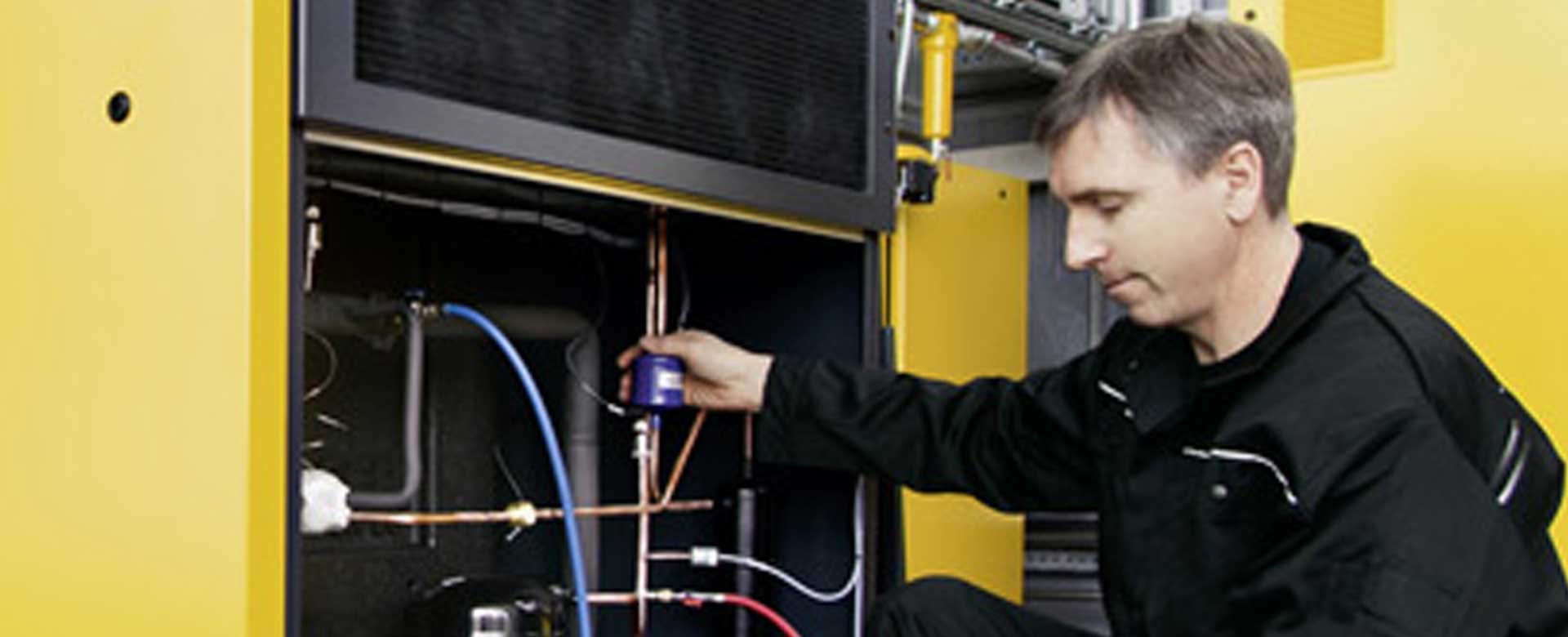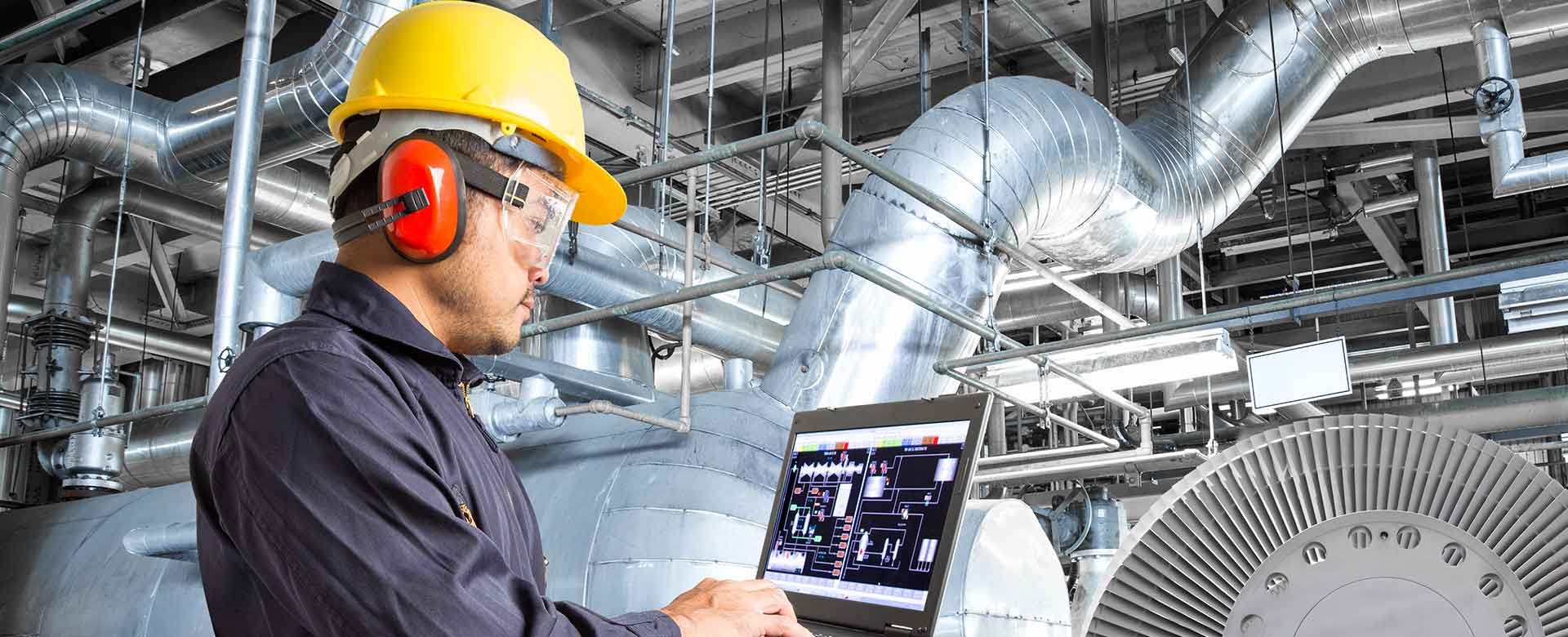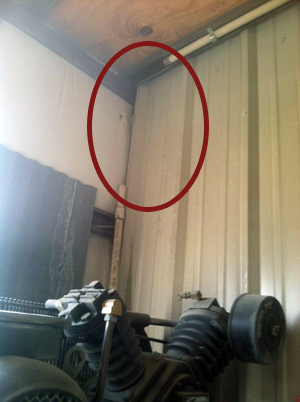The importance of air compressor preventive maintenance
To preserve the condition of your air compressor, preventive maintenance is crucial. A consistent maintenance program can spare you from the expense, inconvenience, and downtime that can come along with air compression damage or failure.
The right vendor should make it easy to get maintenance, with a schedule ready for your facility based on its environment, run time, and more.
What is preventative air compressor maintenance?
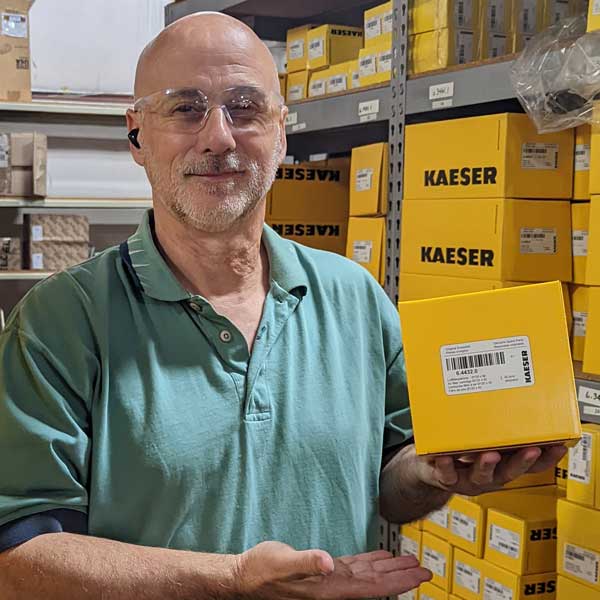
Standard air compressor maintenance involves updating the hardware, changing out the lubricant, and other related tasks. Although standard maintenance is essential to your air compressor’s function, it doesn’t necessarily prevent future damage.
Preventive maintenance, on the other hand, focuses on identifying problems before they start to impact the entire system. During a preventive maintenance appointment, your technician will inspect all of the main system components to pinpoint any concerns. See what’s included in preventive maintenance.
What are the benefits of preventive air compressor maintenance
Cost-efficiency
Emergency repairs are generally more expensive than preventive maintenance. By the time emergency repairs are needed, you may need to shut down your facility (meaning costly downtime) as well as hire an experienced technician. The repairs themselves may be more costly, too, such as parts that may be difficult to acquire.
By identifying potential problems before they require an emergency repair appointment, you can avoid a major, unexpected expense.
Longevity
Preventive air compressor maintenance can help extend the life expectancy of your air compressor. Given that replacing an entire air compressor system is often expensive and disruptive to daily operations, a longer lifespan translates to long-term savings.
Avoid downtime
Preventive maintenance can help you avoid production coming to an abrupt halt and workers who are unproductive. Although a maintenance appointment may seem like downtime, unforeseen downtime is far more costly.
A sudden failure of your air compressor system could completely halt your day-to-day operations. Unlike a preventative maintenance appointment, which you can schedule at your convenience, you won’t have time to prepare for this downtime. For many businesses, the cost of a complete air compressor breakdown is unmanageable.
Energy efficiency
Over time, air compressors may start to run at a lower capacity than usual or require more energy to reach the required output. Preventive air compressor maintenance will help keep you aware of any issues that are compromising the system’s energy efficiency. You can then amend these issues to improve the system’s efficiency (and save on energy bills).
Schedule your maintenance today!
All of the above may seem far-fetched, but the Elevated Industrial Solutions team has seen this happen. One customer didn’t keep up with their maintenance plan and called us when it was an emergency. (Read the case study.)
Elevated Industrial Solutions has preventive maintenance plans for your business in Northern Kentucky, Southern Ohio, Northern Ohio, Eastern Indiana, Michigan, and South Carolina. Let us help you find the plan that works for your facility and team.
